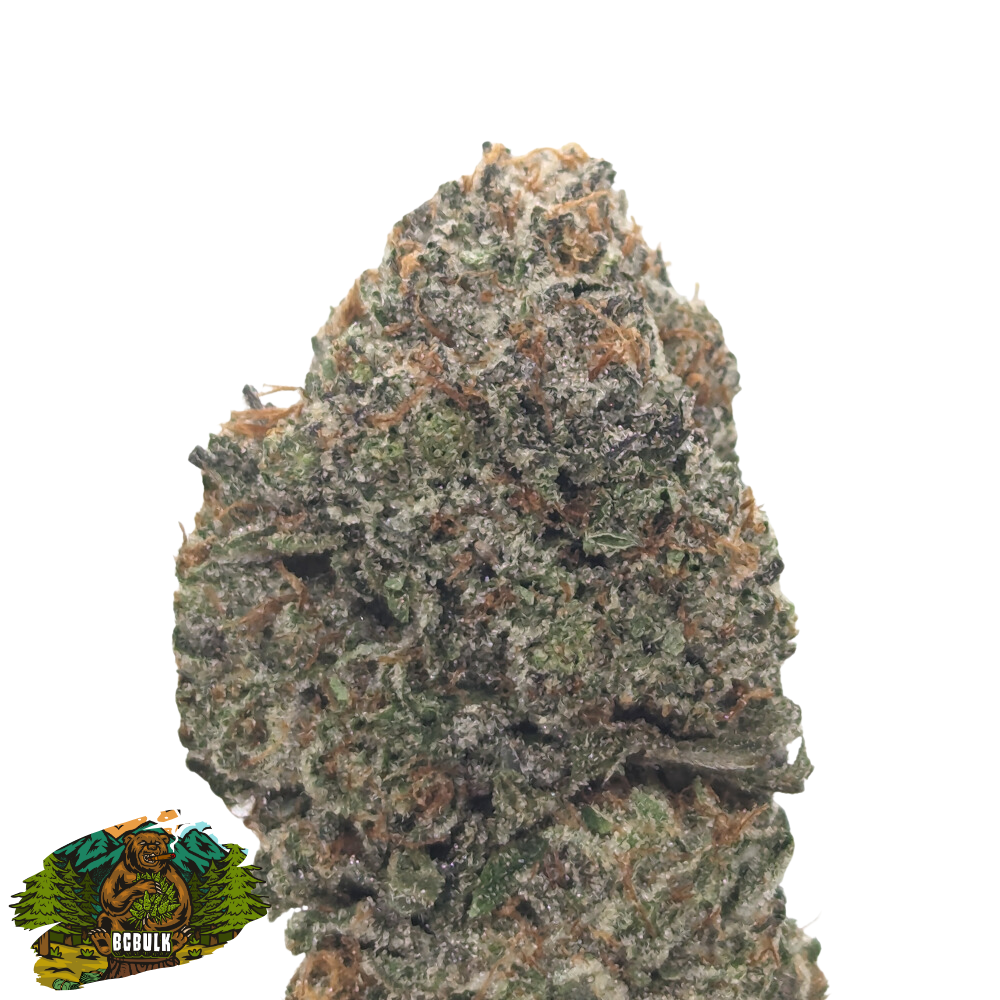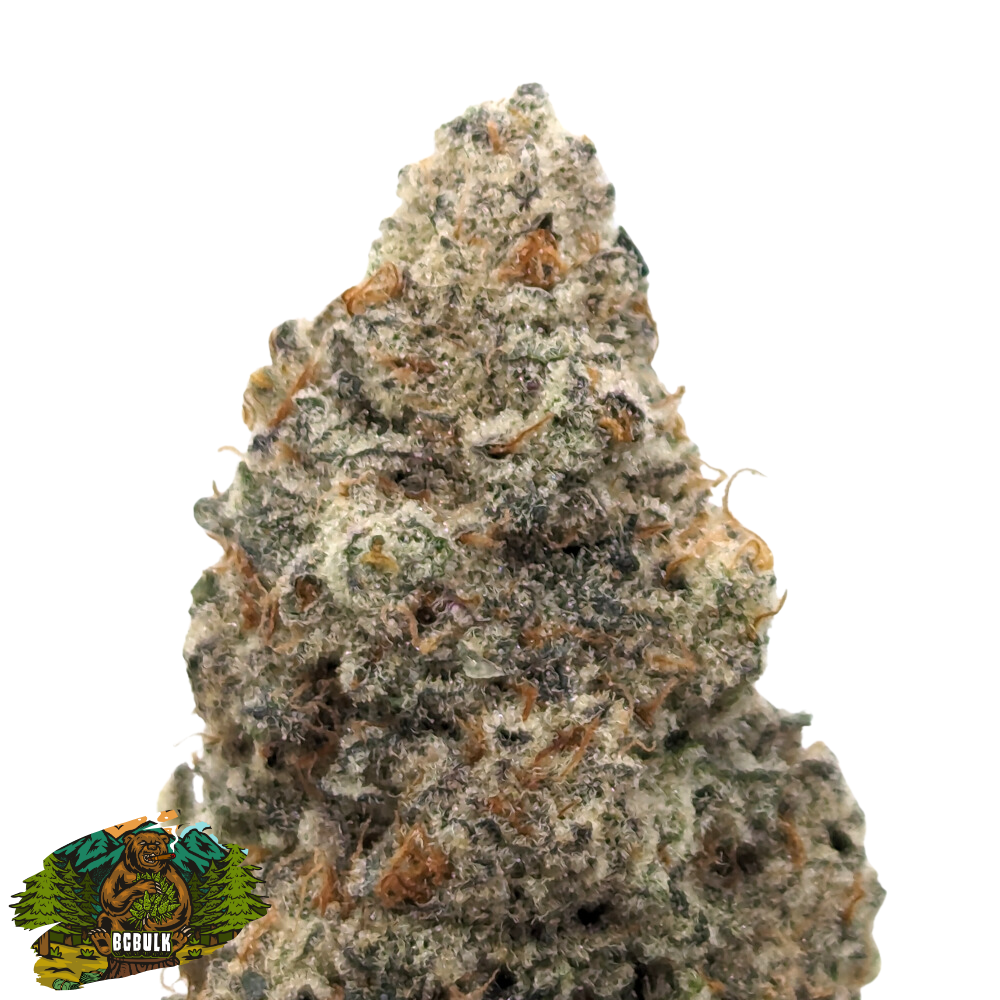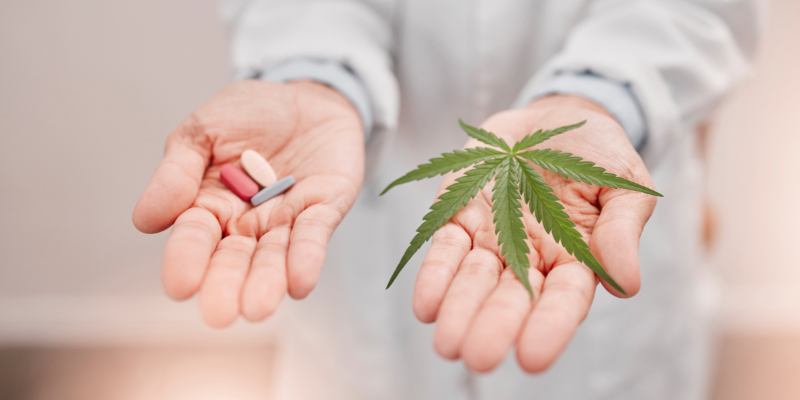| Tier | Subtotal | Items |
|---|---|---|
| 1 | $199-300 | 1 Item |
| 2 | $300+ | 1 Premium Item |
Cannabis Basics
Benefits of Cannabis: Understanding its Medical and Therapeutic Potential
Cannabis, long associated with its psychoactive properties, is gaining acknowledgment for its potential health benefits. Scientific research suggests that the chemical compounds in cannabis, known as cannabinoids, may have a range of therapeutic effects. One such compound, cannabidiol (CBD), has been studied for its ability to alleviate anxiety, improve sleep, and reduce inflammation without producing the “high” commonly associated with tetrahydrocannabinol (THC).

Another aspect of cannabis receiving attention is its efficacy in pain management. Researchers propose that cannabis may offer an alternative to traditional painkillers, such as opioids, which have a high risk of dependency and a slew of adverse side effects. Studies have reported that cannabinoids may ease chronic pain by interacting with the body’s endocannabinoid system, which plays a role in regulating pain sensitivity.
The potential of cannabis extends to a multitude of other health conditions. Some studies suggest that it may support individuals with epilepsy in reducing the frequency of seizures. Additionally, emerging research is exploring its effects on neurodegenerative diseases, mental health disorders, and even the side effects of cancer treatments. However, despite promising findings, the medicinal usage of cannabis remains a topic of ongoing research and debate, with calls for more comprehensive studies to fully understand its applications and limitations.
Therapeutic Effects
Cannabis has been recognized for its medical value in addressing a variety of health issues. In particular, it exhibits promising therapeutic effects in pain management, mental health support, neurological disorder treatment, and inflammation reduction.
Pain Management
Cannabis is known for its analgesic properties. Clinical studies suggest that cannabinoids can effectively reduce chronic pain by interacting with the body’s endocannabinoid system. This interaction can alter pain perception and provide relief for individuals dealing with conditions like multiple sclerosis and arthritis.
- Chronic Pain Relief
- Multiple sclerosis: Reduces muscle spasms and neuropathic pain
- Arthritis: Decreases joint pain and inflammation
Anxiety and Stress Relief
Regular use of cannabis at prescribed dosages may reduce symptoms of anxiety and stress. Its calming effect is associated with the modulation of neurotransmitters that affect mood and anxiety levels, such as serotonin.
- Mental Health Support
- Mild anxiety: Can provide a sense of calm and reduce stress
- Temporary relief: May improve mood and provide short-term relief from anxiety
Epilepsy and Seizure Control
Among the most compelling applications of cannabis is its ability to control seizures in certain types of epilepsy. Cannabidiol (CBD), a non-psychoactive compound found in cannabis, has FDA approval for treating seizures in rare and severe forms of epilepsy.
- Seizure Reduction
- Dravet syndrome: Significant reduction in seizure frequency
- Lennox-Gastaut syndrome: Helps manage drop seizures
Anti-Inflammatory Properties
Cannabinoids like CBD have demonstrated anti-inflammatory effects. They may help in the treatment of inflammatory conditions by inhibiting the release of inflammatory substances in the body.
- Inflammation Mitigation
- Chronic inflammation: Potential to lower cytokine levels
- Autoimmune diseases: Could play a role in modulating immune responses
Mental Health Benefits
Research into the mental health benefits of cannabis has identified potential therapeutic effects for several conditions. Strict regulations and continual scientific evaluations ensure responsible recommendations and usage within medical guidelines.
Depression Treatment
Cannabis may have antidepressant effects due to its chemical compounds interacting with the endocannabinoid system. It’s important to note that effectiveness can vary widely among individuals.
- THC and CBD are compounds in cannabis that could potentially alter mood.
- A study points out a reduction in symptoms in some patients.
PTSD Support
Cannabis use in PTSD treatment shows promise in modulating memory retrieval, which is a key factor in reducing the intensity of PTSD symptoms.
- Can contribute to a decrease in nightmares often associated with PTSD.
- Clinical trials suggest improved sleep quality for PTSD sufferers using cannabis.
Addiction Recovery Aid
Cannabis is being explored as a harm reduction tool in addiction recovery, especially as an alternative to more harmful substances.
- Initial data indicates that cannabis may help reduce opioid dependency.
- Surveys show some users report using cannabis as a substitute for alcohol.
Neuroprotective Benefits

Cannabis compounds have shown potential in protecting the brain against the progression of various neurodegenerative diseases. This may be attributed to their antioxidative and anti-inflammatory properties.
Alzheimer’s Disease
In Alzheimer’s disease, the accumulation of amyloid plaques and neurofibrillary tangles leads to cognitive decline. Studies suggest that THC, a compound found in cannabis, can slow the formation of amyloid plaques by blocking the enzyme that produces them. Cannabidiol (CBD), another cannabinoid, is believed to reduce inflammation and prevent the neurodegeneration associated with Alzheimer’s disease.
Multiple Sclerosis
Multiple Sclerosis (MS) impacts the central nervous system and is characterized by significant neural inflammation. Cannabinoids like CBD and THC have been documented to alleviate symptoms of MS by reducing neural inflammation. They are known to aid in the preservation of myelin, the protective sheath around nerve fibers that is damaged in MS.
Parkinson’s Disease
Parkinson’s disease is marked by the degeneration of dopaminergic neurons, leading to motor and non-motor symptoms. Cannabis compounds show potential in providing neuroprotection by:
- Reducing inflammation: They limit neuroinflammation that aggravates the degeneration of neurons.
- Antioxidant action: These compounds may offset oxidative stress that contributes to neuronal damage.
Holistic Health Advantages

Cannabis has been linked to several holistic health advantages including improving sleep quality, stimulating appetite, and supporting digestive health. These benefits align with the principles of holistic health, which focuses on the well-being of the whole person.
Sleep Improvement
Cannabis contains cannabinoids such as THC and CBD, which have been found to affect sleep patterns. For instance:
- THC is known to decrease the time it takes to fall asleep.
- CBD is associated with promoting a more restful sleep cycle.
Studies suggest that cannabis can increase overall sleep time for individuals experiencing sleep difficulties, making it a potential natural therapy for insomnia.
Appetite Stimulation
Cannabis is renowned for its ability to help stimulate appetite, often referred to as “the munchies.” This effect can be particularly beneficial for:
- Patients undergoing chemotherapy who often lose their appetite.
- Individuals with conditions such as HIV/AIDS where maintaining a healthy diet is crucial.
The primary cannabinoid responsible for this is THC, which interacts with the body’s endocannabinoid system to help regulate and induce hunger.
Digestive Health
Cannabis may also play a role in gut health by:
- Decreasing inflammation, which is beneficial in conditions like Crohn’s disease and ulcerative colitis.
- Aiding in the reduction of nausea and vomiting; cannabinoids such as CBD and THC assist in controlling gastrointestinal distress.
By contributing to the balance of the digestive system, cannabis can support overall digestive function and holistic health.
Economic Impact
The legalization and growth of the cannabis industry has led to significant economic contributions through job creation, revenue generation, and agricultural development. These sectors have tangible impacts on the economy.
Job Creation
The cannabis sector has become a noteworthy source of employment. In the United States, legal cannabis supported an estimated 321,000 full-time jobs in 2020, a rise of 32% from the previous year. States with legalized cannabis see a surge in employment opportunities ranging from cultivation and harvesting to sales and marketing roles.
Revenue Generation
Legal cannabis operations generate substantial tax revenue. Colorado, for example, has collected over $1 billion in marijuana tax revenue since the inception of its legal market in 2014. This revenue often supports vital public services, including education and healthcare programs.
Agricultural Development
Cannabis cultivation has provided a boon for the agricultural sector. With the demand for cannabis-related products, there has been an increase in farming activities, equipment sales, and agricultural innovation. This stimulates growth in related industries and contributes to advances in farming practices and sustainability.
Frequently Asked Questions
This section addresses common inquiries regarding the interplay between cannabis and health, focusing on scientific findings and evidence-based perspectives.
How do cannabinoids interact with the human endocannabinoid system?
Cannabinoids from cannabis, such as THC and CBD, bind to receptors in the human endocannabinoid system. This system regulates various physiological processes, including pain sensation, mood, appetite, and memory.
What are the potential therapeutic uses of cannabis in pain management?
Cannabis has been investigated for its potential to alleviate chronic pain. Studies suggest cannabinoids may reduce pain by interacting with pain receptors and reducing inflammation.
Can cannabis use enhance physical fitness or post-workout recovery?
Some users report that cannabis use leads to improved focus during workouts and reduction in post-exercise soreness, possibly due to its anti-inflammatory effects.
What are the mental health benefits associated with cannabis consumption?
Research indicates cannabis may have short-term benefits for conditions like anxiety and PTSD by modulating stress and fear responses in the brain; however, the long-term impact requires further study.
How does cannabis use impact sleep quality and patterns?
Cannabis, particularly strains rich in CBD, may have a sedative effect, potentially improving sleep quality and helping with sleep disorders like insomnia.
In what ways might cannabis contribute to overall well-being and lifestyle improvement?
Some users experience enhanced relaxation and stress relief with cannabis use, which may contribute to an improved sense of well-being and quality of life.













